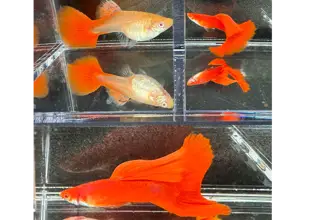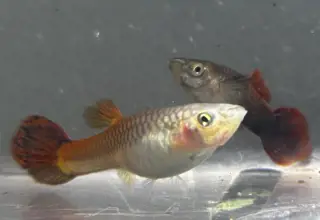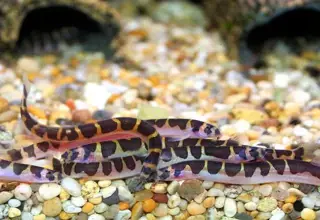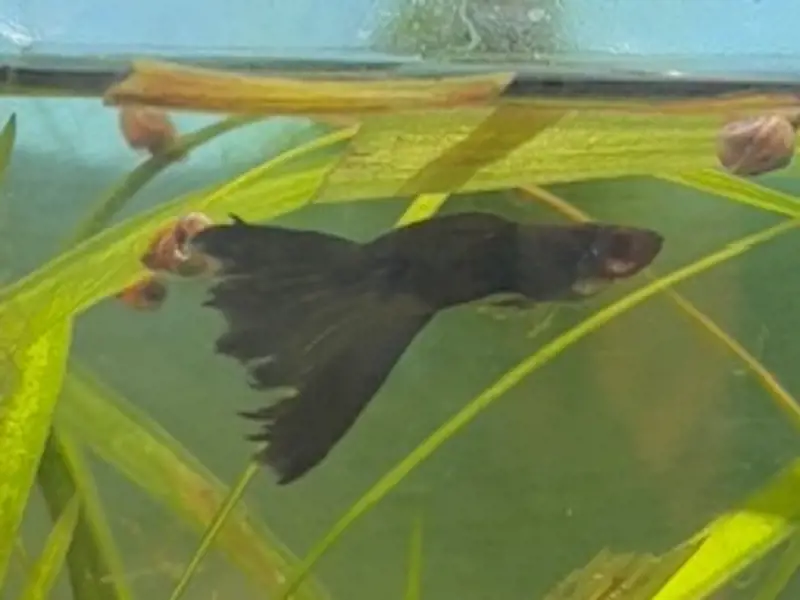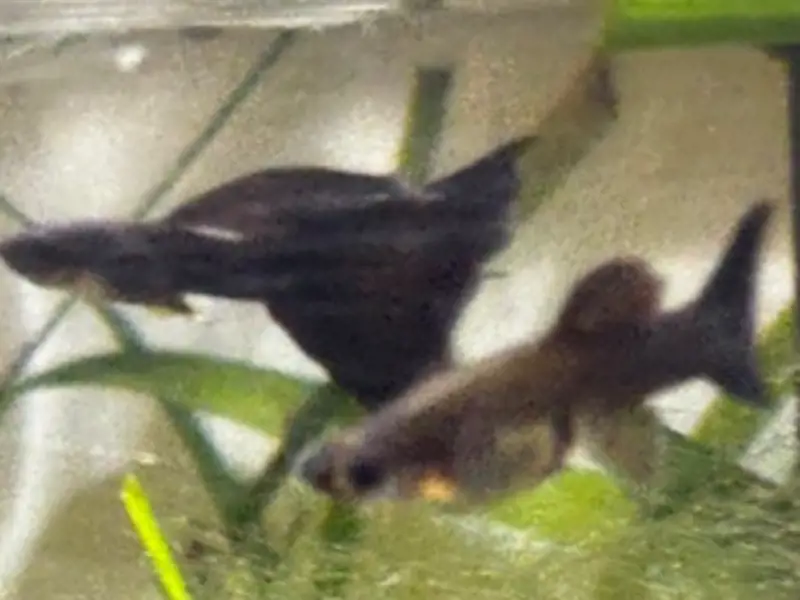How to Remove Ammonia from a Fish Tank: 3 Options
Posted by on 03/06/2024
When uneaten fish food and fish waste accumulate at the bottom of your tank, proteins produce ammonia through a process called alkaline hydrolysis. This inorganic compound is dangerous, and high levels can be fatal for your tank inhabitants! As an aquarium hobbyist, you must get Ammonia under control quickly.
In this post, we'll cover how you can remove ammonia from your aquarium so that you can keep your water parameters in tip-top shape.
Why You Have Ammonia
If you've recently used a water test kit to confirm that your tank has high levels of ammonia, then it's important to understand the root cause. In a newly established tank, ammonia will accumulate until naturally occurring beneficial bacteria consume the ammonia. This bacteria produces nitrite, and then eventually nitrate, the least harmful of these compounds. It takes quite a few weeks for this bacteria to form in an aquarium, so it's common for hobbyists to see high ammonia levels until beneficial bacteria have fully developed. This process is what is referred to as "cycling" or "cycling an aquarium."
In established tanks, high ammonia levels may be due to neglect (hobbyists failing to perform water changes) or due to the tank being overstocked (thus producing more fish waste and uneaten food.) Any large changes to the tank, such as a sudden introduction of new fish, may also result in a small spike in ammonia.
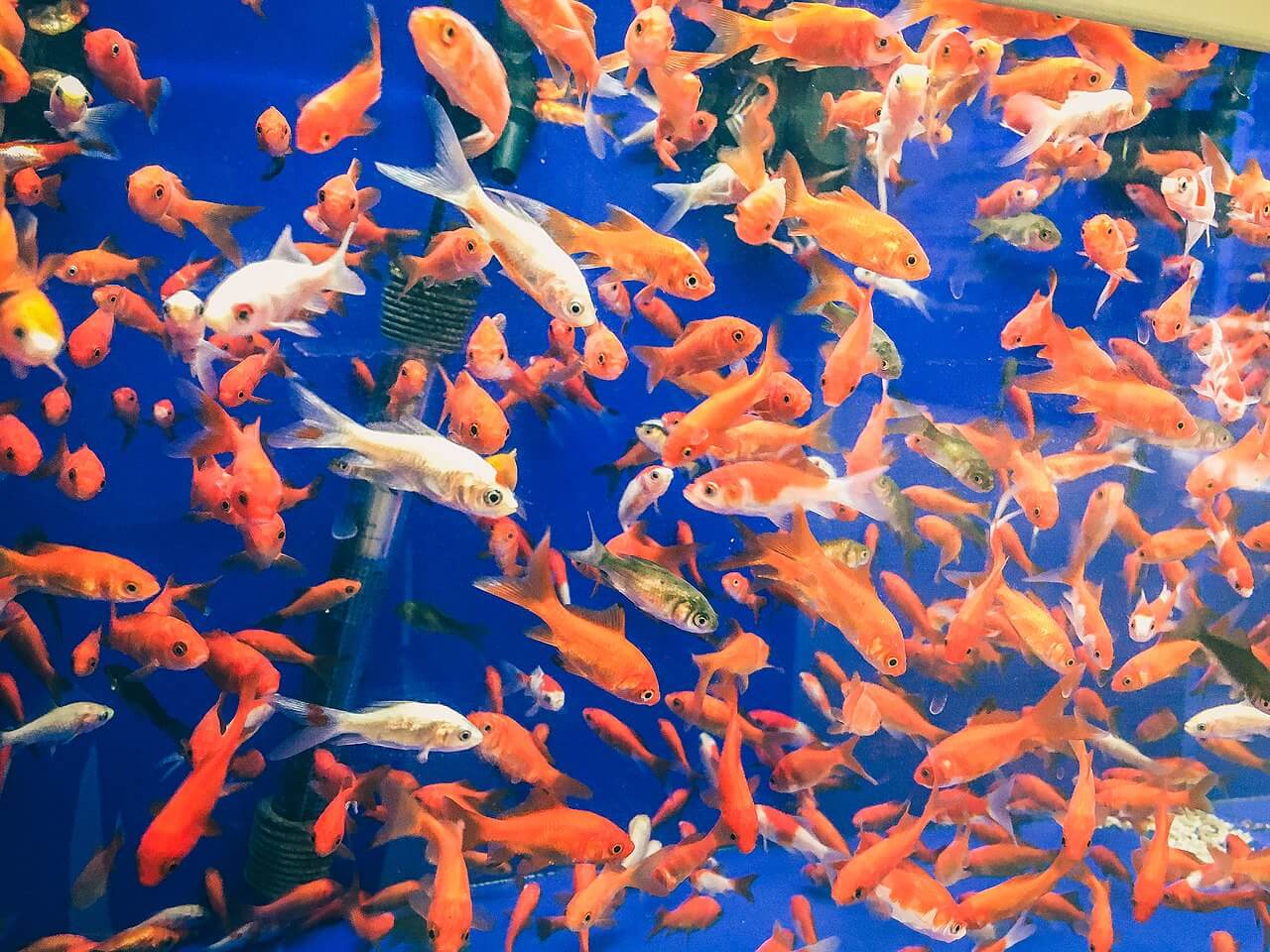
Removal Options
Now that we've discussed what causes ammonia in an aquarium, let's get into what options we have to remove or lower our ammonia levels.
Water Changes
The best way to immediately reduce ammonia levels is to perform a water change. We cover water changes in more detail in our guide: How to Perform an Aquarium Water Change: 5 Steps. Typically, a good rule of thumb is to perform a 50% weekly water change and re-test your ammonia levels. To ensure the safety of your tank inhabitants during a water change, make sure to perform the change slowly, over a 15-30 minute period, so that they can adjust to the rapid change in water chemistry.
Adding Live Aquatic Plants
Live aquatic plants are not only a sight to behold, but they also play an important role in keeping your tank naturally filtered. Live aquatic plants will consume the compounds produced from fish waste and leftover food, creating a more sustainable ecosystem. We're huge fans of planted tanks, and you don't need to have a green thumb to care for some of the most basic plants! If you're interested in getting into aquatic plant keeping, check out our guide for some inspiration: 10 Beginner Friendly Aquarium Plants.
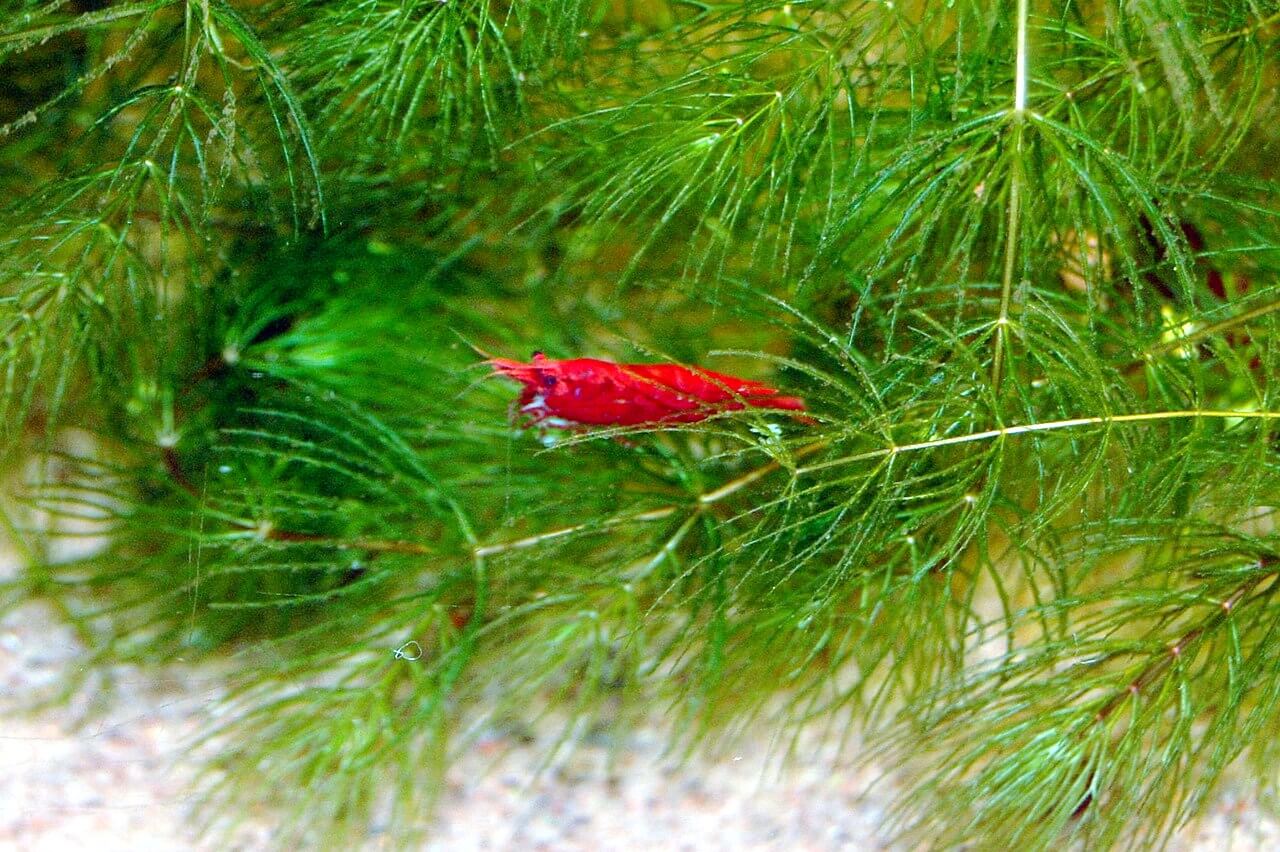
Liquid Solutions
Remember how we mentioned earlier that it takes a few weeks for beneficial bacteria to develop in a new aquarium? Hobbyists can kick-start the process by purchasing a liquid solution such as Seachem's Stability, and API's Quick Start. This will reduce the time it takes for your bacteria to develop, keeping ammonia levels in check while your tank is cycling.
Conclusion
As you can see, removing ammonia from a fish tank is centered around performing a water change, but tank additions such as live aquatic plants or liquid starter solutions can also assist in keeping ammonia levels low.
Now that you've learned how to keep ammonia levels in check, do you feel more confident about your fish-keeping abilities? Let us know in the comments and be sure to check out our marketplace, where you can buy and sell anything related to aquariums with other hobbyists.
